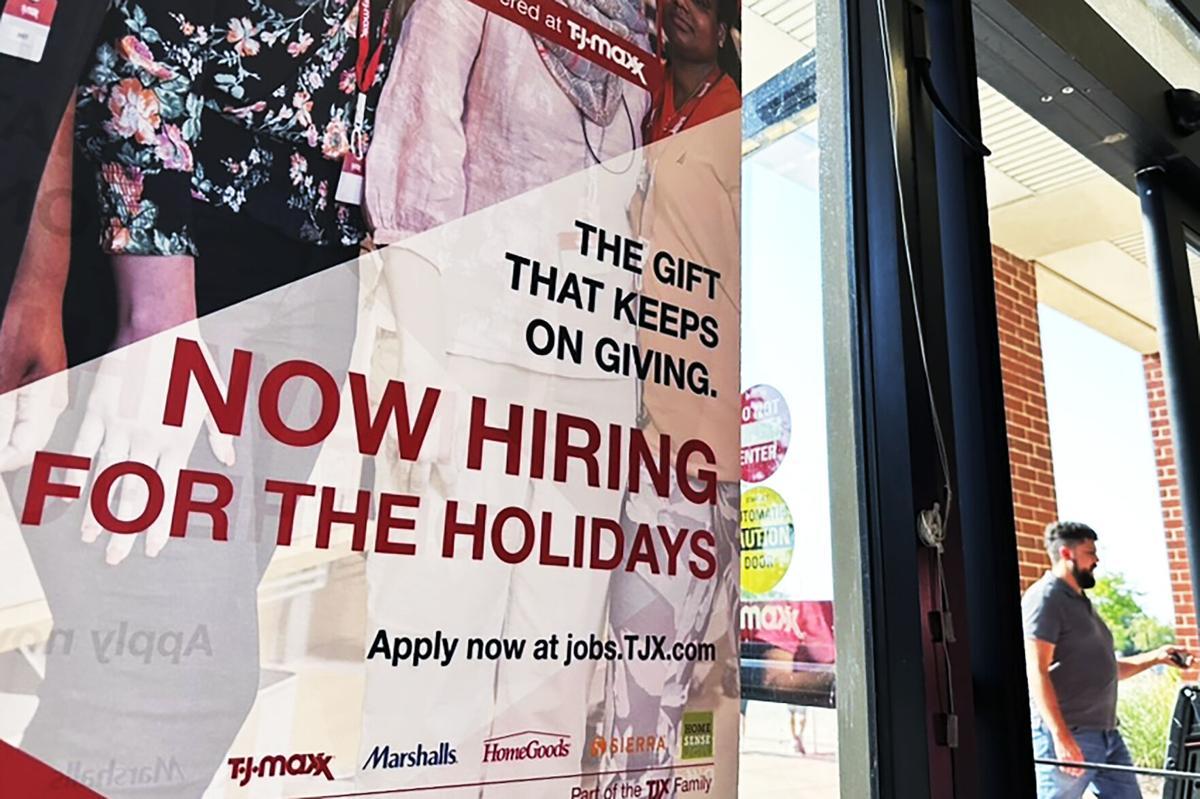PHOENIX — The Arizona economy is slowing down.
The state’s seasonally adjusted unemployment rate for October was at 4.2%, new figures Thursday from the Office of Economic Opportunity show. That’s up two-tenths of a point from the prior month and the fifth consecutive increase after the jobless rate hit a record low in May.
But this isn’t a one-month thing.
The new report shows year-over-year job growth in private sector employment is at 1.2%. That comes after sustained annual growth of 2% to 3% prior to the pandemic.
It also marks a departure from years when the state added jobs at a rate higher than the national average. Now, that 1.2% increase since last October in Arizona compares with a 1.8% increase for the rest of the country.
Some of that could be attributed to the fact that Arizona didn’t lose as many jobs during the pandemic as most other states, said Doug Walls, the agency’s labor market information director. But he said there are “unique changes for Arizona” that affect employment growth here.
Consider, he said, the sustained and consistent job losses in the financial activities sector.
“That’s a sector that Arizona has been able to build up over the years and attract new businesses and corporate headquarters into the state,” Walls said. But he said that industry is “particularly sensitive” to the steady increase in interest rates.
That shows up with the average cost of a 30-year fixed rate mortgage now at 7.5%, more than double what it was just three years ago.
But there are other indicators of a slowdown in job growth.
The number of people collecting unemployment benefits hit 24,099 for the most recent reporting period. That is up 26.3% from a similar week last year.
Walls said while there has been some seasonal fluctuation, the trend since early last year has been up.
At the same time, 3,499 new claims for benefits were filed, up 11.9% from a year ago.
He noted, though, that initial claims are less than they were in 2019, prior to the pandemic.
“It would suggest that it’s not necessarily more people that are filing for unemployment insurance but that those that are receiving the benefits are receiving them for a longer period of time,” Walls said.
“There could be a number of reasons why they would be staying on unemployment insurance benefits longer,” he said. “But one of them could be that they’re not able to find a job as fast as they had been in years prior.”
And there’s something else.
One of what might be called a leading indicator of the economic situation is the number of people hired by temporary employment services. That segment of the economy shed 1,200 jobs in October, part of what Walls said has been a decline in the past several months.
“When we are starting to see a slowdown in employment, this is a subsector that you’ll generally see a slowdown in employment occur first,” he said. “On the flip side, when we’re starting to see economic activity pick up, employment services is generally a subsector that is seeing those gains earlier than other sectors.”
The reason, Walls explained, is that employers can be “more flexible’’ by contracting for temporary help while they wait to see whether the changing economic conditions are firm enough for them to feel confident to bring their own new workers onboard.
There was one other interesting trend in the new report.
The number of people working at stores that sell building materials and garden supplies dropped another 300 in the past month. That brings year-over-year losses to 3,300, or a decline of more than 10%.
Walls said, however, it could be a timing thing specifically related to COVID.
Specifically, he said there was a lot of activity in that sector during 2021 and the beginning of 2022, something he said may have been related to the fact that Arizonans turned their attention inward and decided to work on home projects when “there wasn’t as much else to do.’’
Now, he said, many of those improvements are done.





